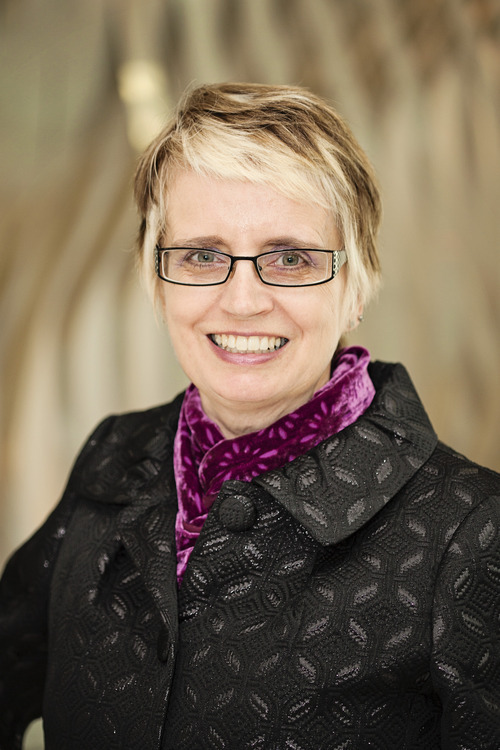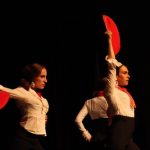The Business of Art: A Q&A with Professor Pat Villeneuve of Florida State University
Advice and guidance for arts administrators and art educators
Pat Villeneuve is a professor and director of the arts administration program at Florida State University. She holds a PhD in higher education administration from the University of Arizona, Tucson, and specializes in art museum education and exhibitions. Villeneuve has taught courses that focus on managing arts organizations, arts administration in the public sector, and art museum education, among other topics.
Villeneuve has also published and consulted extensively in the United States and internationally, and has presented her work in Barbados, China, Taiwan, South Korea, and Denmark. She has written numerous articles and book chapters, co-authored Chicano Art for Our Millennium, and edited From Periphery to Center: Art Museum Education in the 21st Century. She is an associate editor of The International Journal of the Inclusive Museum and was named the National Art Museum Educator in 2009.
NYFA: How did you decide upon a career in art education?
PV: I’d say it was inevitable. Being an artist and a teacher were the first two things I ever wanted to do, and they kept coming back to me until I found a way to combine them.
NYFA: During the early part of your career, you worked for nonprofit organizations. How did you transition to teaching at a university?
PV: I moved on to university teaching when I realized how much the field needed well-trained professionals — and more professors to prepare them. Speaking of which, I am very excited just now because I am developing new graduate programs in museum education and visitor-centered exhibitions.
NYFA: You publish, organize and present at conferences, and do consulting work, in addition to teaching and directing the arts administration program at FSU. What challenges do you face as you juggle these responsibilities? What do you find most helpful in managing your time?
PV: I think balance is important, and I try to keep some separation between my professional and personal lives. It helps that I love everything I do, but it is still a challenge, and sometimes I do better than other times. My personal motto is “Work hard, play harder.” I just finished several papers, and I’m looking forward to my reward (a snorkeling trip over spring break).
NYFA: At what point did you feel like you had enough experience to begin consulting? How did you make it known that your services were available?
PV: I began consulting when asked to do so. Additional work has resulted from word of mouth or come from those who have read my publications or attended my conference presentations. Consulting has never been my primary job so I haven’t marketed myself that way.
NYFA: What satisfies you most about your job?
PV: Teaching is the most rewarding thing I’ve ever done. My students are amazing, and they are doing incredible things.
NYFA: You’re a big believer in belonging to professional organizations. What benefits does membership in these groups bring?
PV: There are many benefits to belonging to most professional organizations: conferences, publications, networking opportunities, job placement, etc. I think it’s important, though, to have kindred spirits to play with and to challenge you.
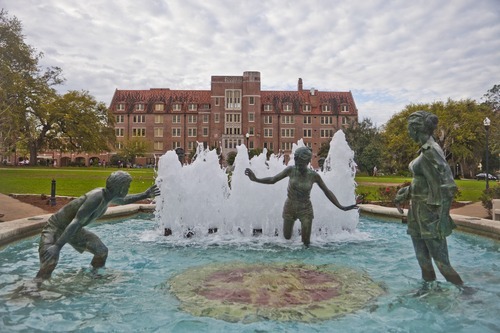
NYFA: You’ve taught many students over the years and kept in touch with a lot of them. What types of positions have you seen them take after they’ve finished school?
PV: My students have come from multiple countries and academic backgrounds and have gone on to diverse positions. Examples include university teaching, administration of arts organizations, gallery- and auction-house work, and governmental policy and research. And some have followed their passion and established arts organizations to address community needs.
NYFA: There’s a lot of competition for jobs out there. What advice can you give a graduate student who is finishing her degree in art education and beginning to look for work in the field?
PV: Of course, I think education in an appropriate area is a great advantage, as is real-world experience garnered through internships, volunteers hours, or related employment. I suggest that students entering the job market think clearly about what they want and what they have to offer and be prepared to articulate that succinctly. (For instance, students in my art museum education class prepare personal philosophies of art museum education to focus their thinking about their practice and to prepare for interviewing.) It’s also important for job-seekers to present themselves well and have good writing and speaking skills.
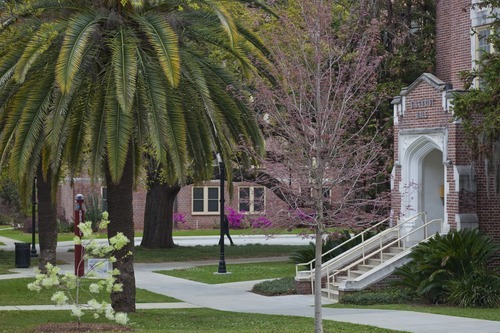
NYFA: And for those who are already working their way up the ladder as arts administrators, what are some ways they can make themselves stand out?
PV: Participate in your field: Know the current state of practice, read the literature and discuss it, attend conferences and other professional activities. Then use that knowledge to inform your practice. Be articulate about why you do what you do.
NYFA: You’ve been honored with several teaching awards and nominated for still more. What is your teaching philosophy, and how has it changed over the years?
PV: When I was in school, I thought that didactic teaching was the best, perhaps because that was mostly what I had encountered. I now have the privilege of teaching graduate school, and I am primarily a constructivist: In other words, I believe that students learn best when they are actively involved in constructing their own knowledge in personally meaningful ways. So I rarely lecture in my three-hour classes. Instead, there are challenges, discussions, and work groups. If students are going to learn it, they have to remember it, and if they’re going to remember it, it has to be memorable.
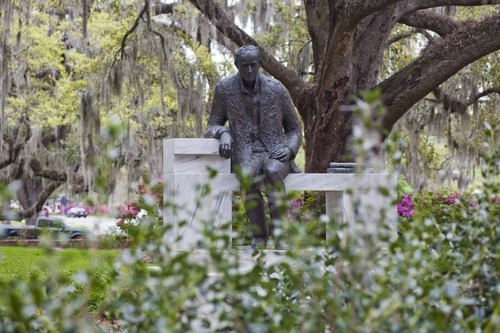
— Interview by Michon Ashmore, Digital Advertising Program Associate for NYFA Classifieds. Michon worked as a newspaper reporter and communications/marketing specialist before coming to work at NYFA in 2010. She holds a BA in art history and an MA in classical archaeology from Florida State University.

